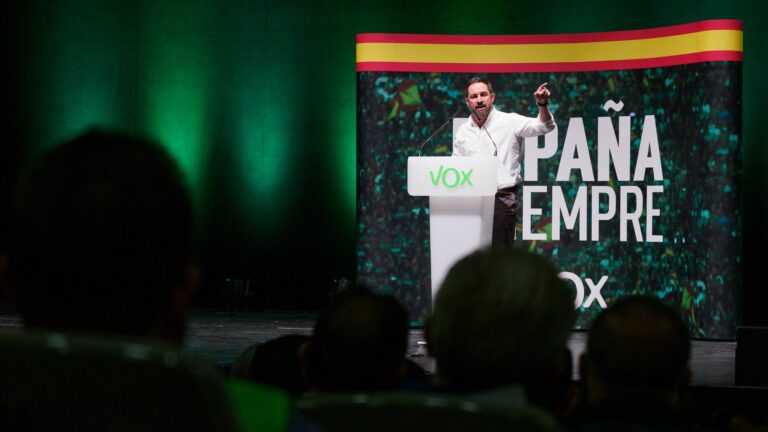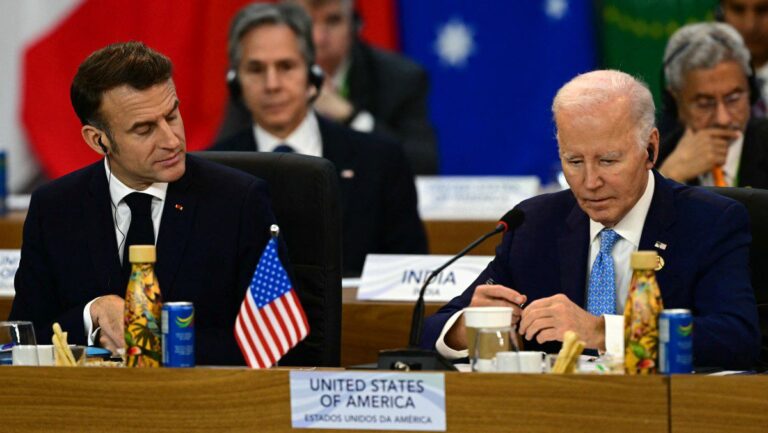Romania and Bulgaria will fully join the Schengen area, the EU’s borderless free-movement zone, at the beginning of January, Romanian Prime Minister Marcel Ciolacu announced in a TV interview on Monday, November 18th.
According to PM Ciolacu, the two countries’ accession will be approved on the technical level during a meeting between Austrian, Romanian, and Bulgarian internal ministers on Friday, November 22nd, hosted by the Hungarian government in Budapest. Hungary has long been one of the primary proponents of Schengen enlargement and said that finalizing the process would be one of the key priorities of its European Council presidency.
The social democrat (PSD) prime minister saod:
Friday’s meeting is very important, that’s why I agreed with the Prime Minister of Hungary [Viktor Orbán] that I would go to Hungary … the day the interior ministers will meet to conclude the final document.
To date, most EU member states have dropped their opposition to Romania and Bulgaria’s accession. Right now, Romania is only waiting for Austria to lift its veto, while Bulgaria also needs to convince the Netherlands that it’s ready to join. Although the Dutch interior minister has not been confirmed as a participant in the talks, the Hague is expected to approve the document anyway, as Brussels has been treating the two countries’ accession as a package deal.
“We already have an agreed timetable. It will happen from January 1st, 2025,” Ciolacu said. “Those who come home for the holidays will leave much easier after.”
On the same day, the PM also met with the president of the European Parliament, Roberta Metsola, who reiterated her support for Romania’s full Schengen accession “without further delay.”
Each time, a pleasure to meet with Roberta Metsola.
— Marcel Ciolacu (@CiolacuMarcel) November 18, 2024
I deeply appreciate @EP_President’s determination and energy to supporting without any further delay Romania’s full accession to the #Schengen area.
Sharing a common believe that a moderate and pro-European majority can ensure… pic.twitter.com/zjumjWGvX0
Both Romania and Bulgaria applied for Schengen membership in 2005 and have been waiting for the green light from other EU countries ever since. As negotiations dragged on for nearly two decades, Schengen accession became a contentious issue in both countries. Governments repeatedly promised to see it through, only to be rejected by Western Europe due to a lack of appropriate reforms to combat cross-border smuggling and human trafficking.
At the end of last year, an unprecedented compromise was reached, allowing Romania and Bulgaria to join “air” and “sea” Schengen but still keeping the hard borders operational on land. Since over 90% of all border crossings happen on land, Romanian commentators accused Brussels of “humiliating” the country through this two-step accession process, which no other applicant has had to endure.
Some observers in Romania are also skeptical of Ciolacu’s confidence, given that the country is facing the first round of presidential elections this Sunday, November 24th, and the prime minister is expected to come first and eventually win outgoing President Klaus Iohannis’ seat in the run-off, held on December 8th.
Promising Schengen accession is the surest way to boost the social democrats’ chances in the final days of the campaign with no real political risk. Both the presidential and the parliamentary elections on December 1st will be over by the January deadline, and the government could always blame Vienna if things go sideways.
The importance of the issue is also showcased by the fact that the PSD’s main challenger, the center-right National Liberal Party (PNL), is also campaigning on the Schengen accession issue and trying to take credit in case the negotiations are successful. Senate President (and PNL presidential nominee) Nicolae Ciucă paid a “surprise” visit to Austrian Chancellor Karl Nehammer on the day of Ciolacu’s announcement and said he was confident that Bucharest would receive Vienna’s green light after the meeting.
I met today in Vienna with Chancellor @karlnehammer.
— Nicolae Ionel Ciucă (@NicolaeCiuca) November 18, 2024
Our main topic of discussion was Romania’s accession to the Schengen area.
I am confident that final decisions will be made at technical level soon.
I thank our Ministers of Interior and Foreign Affairs for their continuous… pic.twitter.com/UphdyWZBeC





